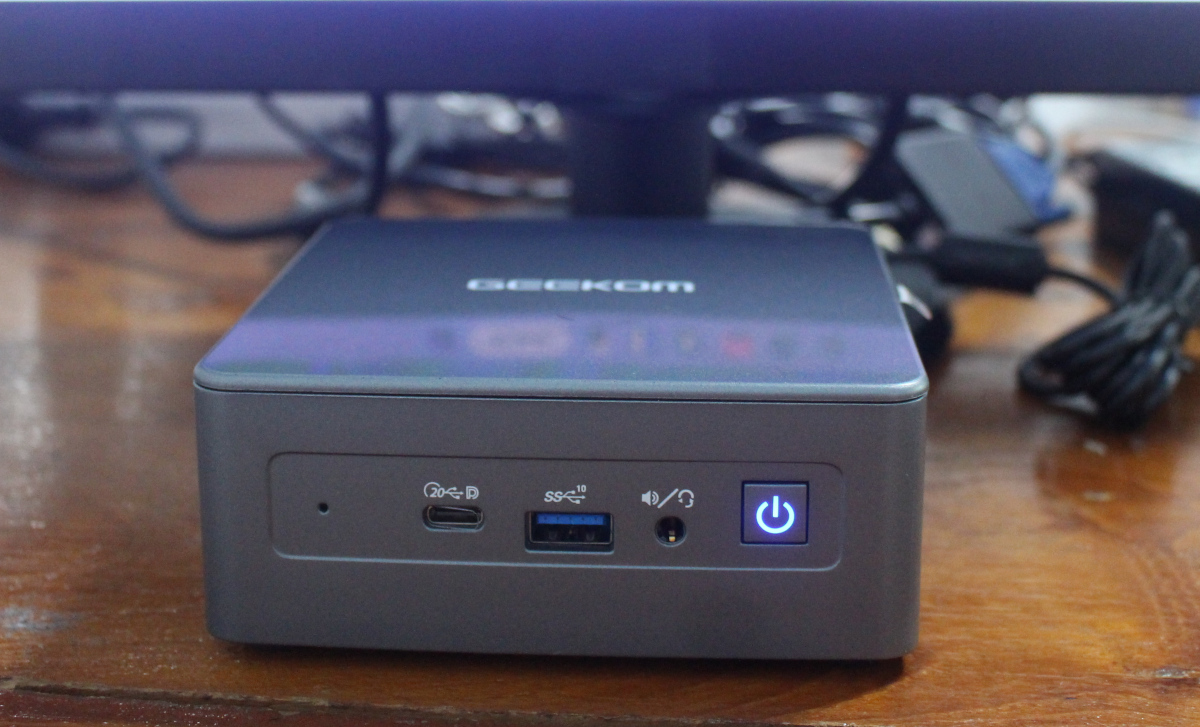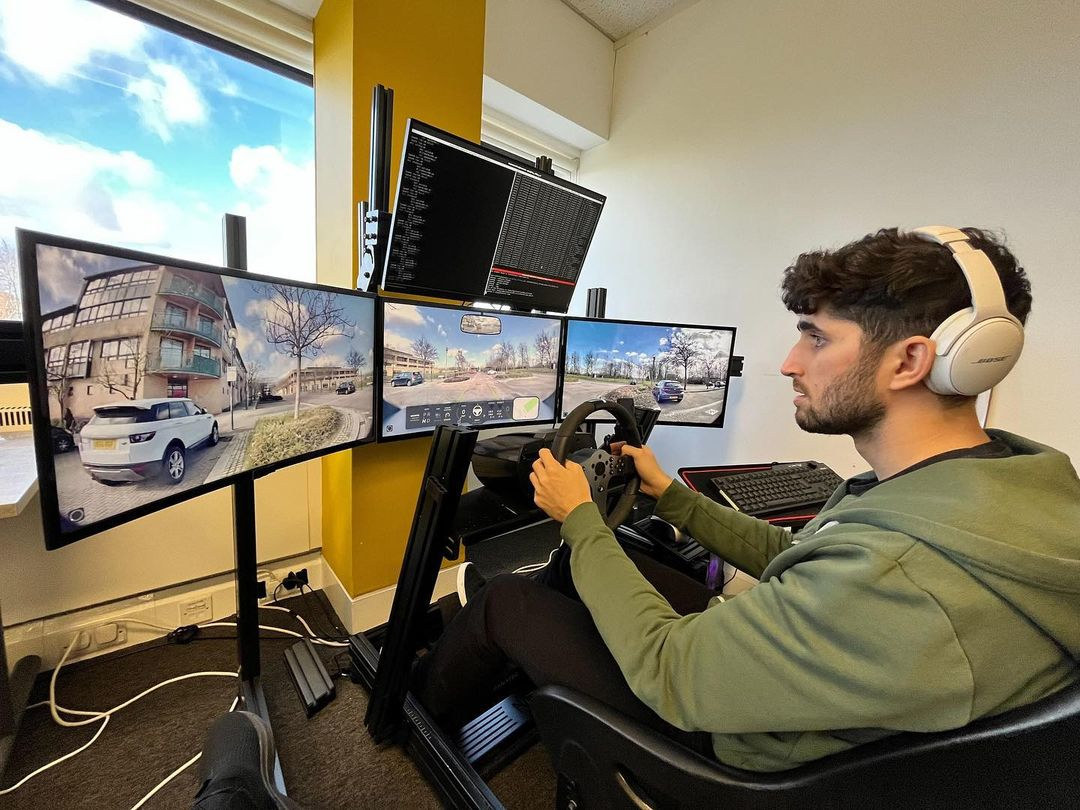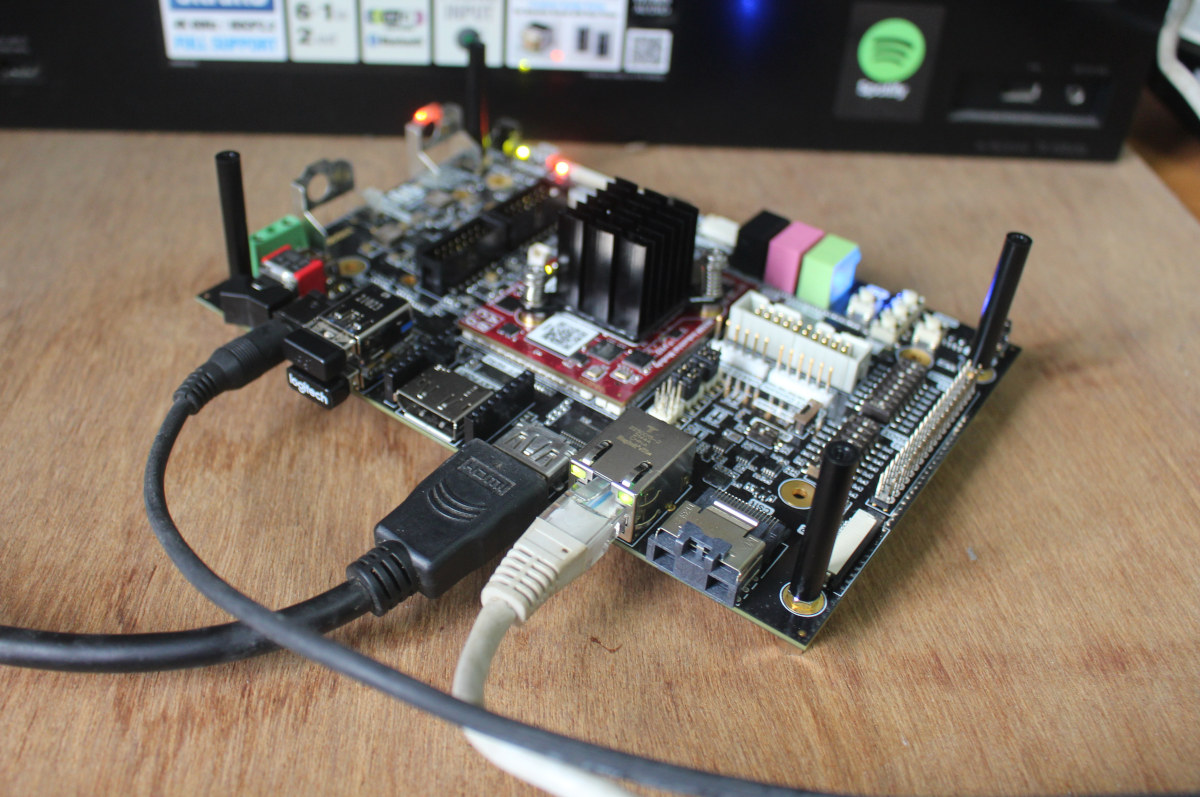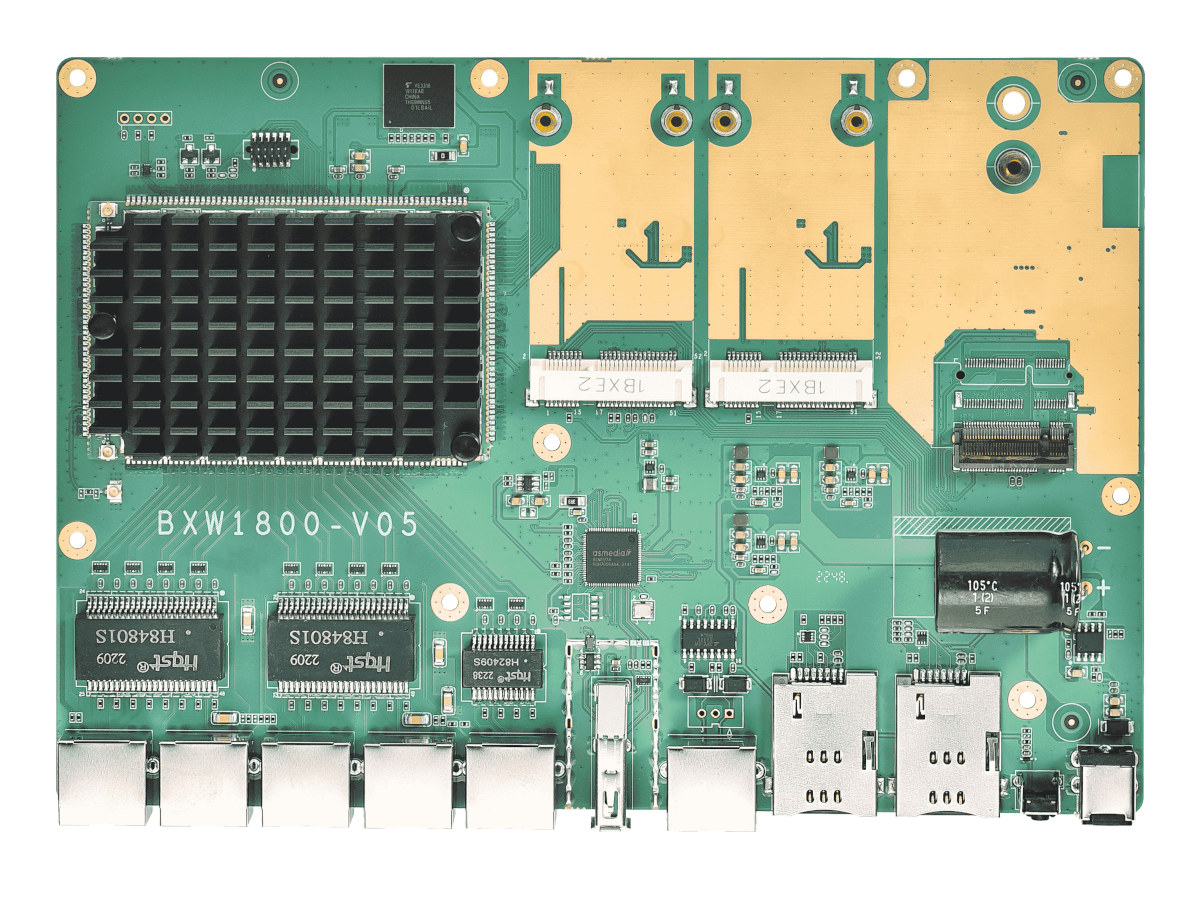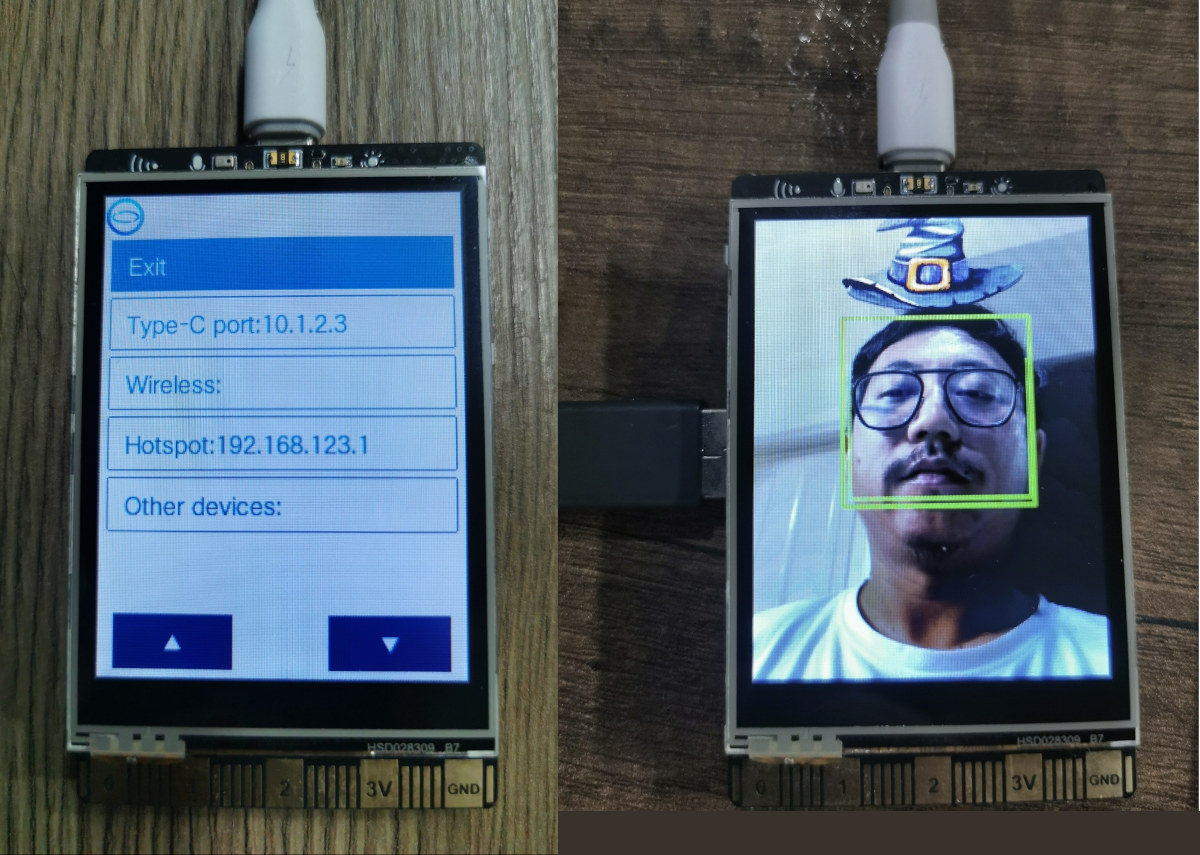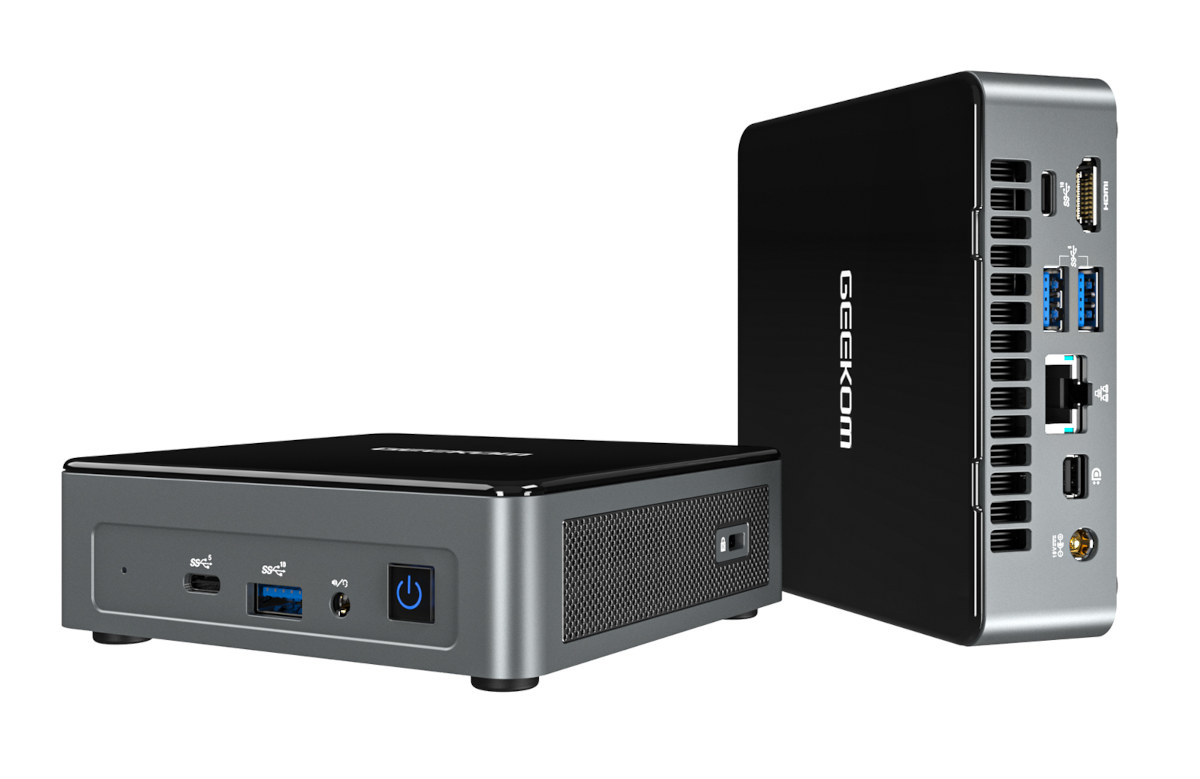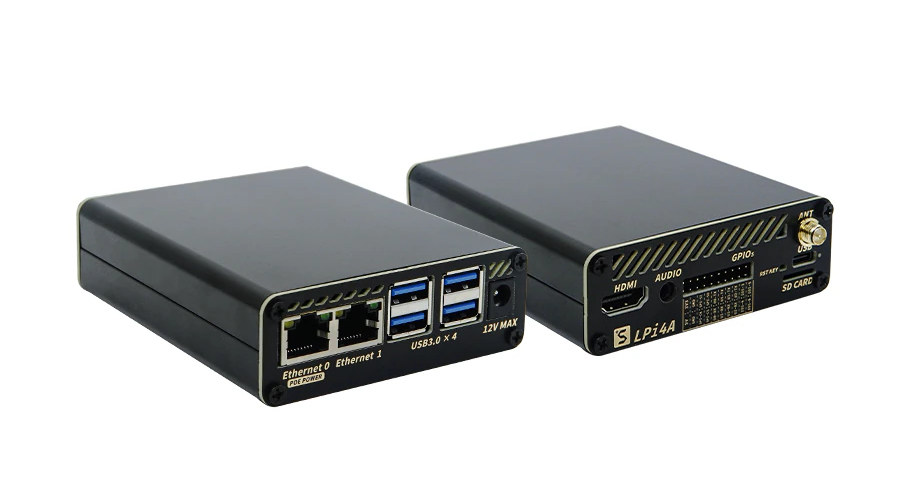GEEKOM Mini IT11 is a mini PC based on the 11th Gen Intel Core i7-11390H quad-core Tiger Lake processor with up to 64GB RAM, and up to 2TB NVMe SSD storage. It comes with Windows 11 Pro operating system, supports WiFi 6E and Bluetooth 5.2 connectivity, and offers plenty of ports. GEEKOM has sent us a Mini IT11 Mini PC with 32 GB RAM and a 1TB NVMe SSD for review. Today, we will look at the specifications of the mini PC, check out the package content, do a teardown, and boot it up to make sure it works as expected. We will test the performance on Windows 11 and Ubuntu 22.04 in subsequent parts. GEEKOM Mini IT11 (Core i7-11390H) specifications We’ve written about the Mini IT11 a few times already, but for reference, here are the specifications again: SoC – Intel Core i7-11390H quad-core/8-thread Tiger Lake processor @ up […]
Intel kills its NUC business
Intel has just decided to shut down its Next Unit of Compute (NUC) business selling mini PC, PC, boards, and modules directly to customers, as the company told partners they will stop direct investment into that part of their business. We first wrote about Intel NUC in 2014, but the company’s first NUC was launched in 2013, and I can only imagine Intel decided to kill the NUC business in order to focus on its core business which is to sell processors. They won’t directly compete against their customers anymore, although it’s unclear if this was part of the decision… I have mostly read praises about the NUC family over the years, but I’ve had a mixed experience myself. One family member asked for a reliable mini PC, so I recommended a Core-i5 NUC and while it mostly worked fine, we had to purchase a separate USB WiFI dongle as […]
“Drive from Work” remote driving services are now a thing
I’ve been following autonomous cars’ progress for many years, but it’s taking longer to bring the technology to market than expected. So some companies are now offering “Drive from Work” services where they hire drivers that sit in an office to remotely drive passengers around. That seems insane, but that’s what Fetch does in the UK with their drivers remotely controlling cars from the head office using cellular network connectivity, 360-degree cameras, and a “workstation” with a steering wheel and pedals as well as four displays. It looks like a game, but this is real life… The service is now only offered in Milton Keynes, UK, and has been trialed for 18 months so far. This could pave the for cheaper drivers based overseas, but I suppose the lag is an issue as is the potential loss of connection, so the Hackaday article that informed us of this option also […]
VOIPAC iMX8M Industrial Development Kit Review – Part 1: Specs, Unboxing, and first boot
VOIPAC iMX8M Industrial Development Kit comes with an NXP i.MX 8M module with up to 4GB LPDDR4 and 32GB eMMC flash, and an optional wireless module, as well as a features-rich carrier board. The company sent us the “iMX8M Industrial Pro” version for review with 2GB RAM, 16GB eMMC flash, and a WiFi and Bluetooth module. In the first part of the review, we’ll go through the specifications, do an unboxing, and give the board a quick try, before looking more into the software in the second part. VOIPAC iMX8M Industrial Development Kit specifications System-on-module iMX8M Industrial Max SoC – NXP i.MX 8M Quad @ 1.5 GHz System Memory – 4GB LPDDR4-3733 DRAM (1.866GHz) Storage – 32GB eMMC flash, 1 Mbit EEPROM Networking – Gigabit Ethernet PHY, wireless module with WiFi & Bluetooth PCIe (on module) Display – 2x LVDS Analog Audio iMX8M Industrial Pro SoC – NXP i.MX 8M […]
bitswrt NHX53X2 WiFi 7 system-on-module features Qualcomm IPQ5332 SoC
bitswrt NHX53X2 is a WiFi 7 system-on-module (SoC) powered by a Qualcomm IPQ5332 quad-core Cortex-A53 SoC and equipped with the QCN6274 commercial grade WiFi 7 chipset. The IPQ5332 processor looks to be the little brother of the IPQ9574 quad-core Arm Cortex-A73 processor found in the AL02 WiFi 7 reference router board from Qualcomm. The module comes with up to 3GB RAM, 1GB NAND flash, and exposes plenty of I/Os with multiple 2.5GbE interfaces, 10GbE, PCIe Gen 3.0, USB 3.0, GPIOs, and more. bitswrt NHX53X2-V01 specifications: SoC – Qualcomm IPQ5332 quad-core Arm Cortex-A53 at 1.5 GHz WiFi 7 chipset – Qualcomm QCN6274 NPU – 12-threaded network processing unit (NPU) Ubi32 @ 1.5 GHz (likely part of Qualcomm IPQ5332, but public info is sparse) System Memory – 1GB (option up to 3GB) 16/32-bit DDR4 at 2133 MT/s Storage – 8MB NOR flash, 128MB (option up to 1GB) NAND flash, 128Kbit EEPROM WLAN […]
UniHiker review – A Linux-based STEM education platform with IoT and AI support, Micro:bit edge connector
DFRobot’s UniHiker is a STEM educational platform that was originally launched in China, but now UniHiker is now available worldwide through the DFRobot shop. The company has sent us a UniHiker sample for review, so let’s unpack the kit and learn how to use the UniHiker platform. The main component of the kit is the Linux-powered UniHiker board which features a 2.8-inch resistive touchscreen display and a BBC Micro:bit edge connector, so we can use expansion boards for the Micro:bit board. Let’s start unboxing it together. UniHiker unboxing DFRobot sent us the UniHiker platform by DHL. The package is a familiar-looking DFRobot box in orange color and comes with a plastic box to safely store the UniHiker board and accessories after use. The plastic box contains another plastic box with the board, some 3-pin and 4-pin cables for Gravity ports, and a USB Type-C cable. The UniHiker is like a […]
GEEKOM MiniAir 11 mini PC with Celeron N5095 CPU, 8GB RAM, 256GB SSD sells for $124 (Sponsored)
GEEKOM has a very interesting Summer promotion for its MiniAir 11 mini PC powered by an Intel Celeron N5095 Jasper Lake processor with 8GB of RAM and a 256GB SATA SSD which they sell for just $124 with the coupon code summer5air. The mini PC offers HDMI 1.4 and mini DisplayPort video outputs, Gigabit Ethernet, WiFi 5 and Bluetooth 4.2 connectivity, three USB 3.2 ports, and two USB-C ports for data only, as well as the less common full-sized SD card reader. GEEKOM MiniAir 11 specifications: SoC – Intel Celeron N5095 quad-core Jasper Lake processor @ 2.0GHz / 2.9GHz (Turbo) with 4MB cache, 16EU Intel UHD Graphics; 15W TDP System Memory – Dual-channel 8GB DDR4 upgradeable up to 32GB Storage – 256GB M.2 2280 SATA SSD upgradeable to 1TB NVMe or SATA SSD, full-size SD card reader (USB 2.0) Video Output – 1x HDMI 1.4 port, 1x mini DisplayPort Audio […]
LicheePi 4A RISC-V SBC gets 16GB/128GB version, metal enclosure, 10.1-inch display, and more accessories
LicheePi 4A quad-core RISC-V SBC is now available with 16GB RAM and 128GB eMMC flash, and Sipeed has also introduced various accessories such as a metal enclosure, a 10.1-inch touchscreen display, a PoE module, and a camera module. The Lichee Pi 4A board was first unveiled in December 2022, before the beta version launched in May 2023 with 8GB RAM and 8GB flash. Since then Sipeed also started selling an 8GB/32GB model, and now a new version of the T-Head TH1520-powered single board computer is now available with 16GB LPDDR4X and 128GB eMMC flash for $179 plus shipping. LicheePi 4A SBC While pricing is quite different, the LicheePi 4A was launched as a RISC-V alternative to the Raspberry Pi 4 SBC, so here are the specifications of the two boards side-by-side. Sipeed currently provides a Debian image based on Linux 5.10 and built with Yocto, but Linux mainline support is […]


